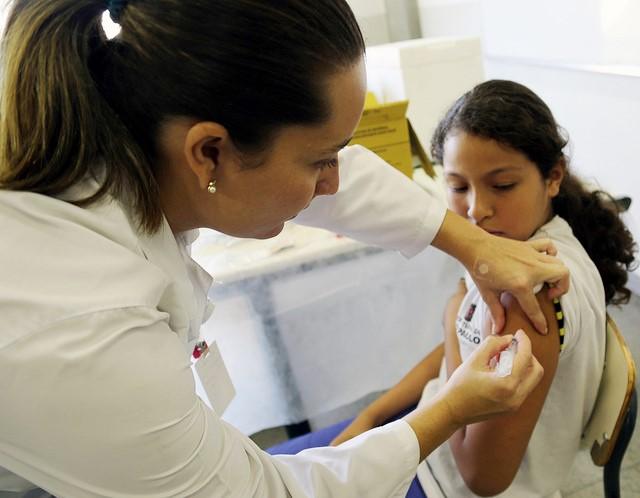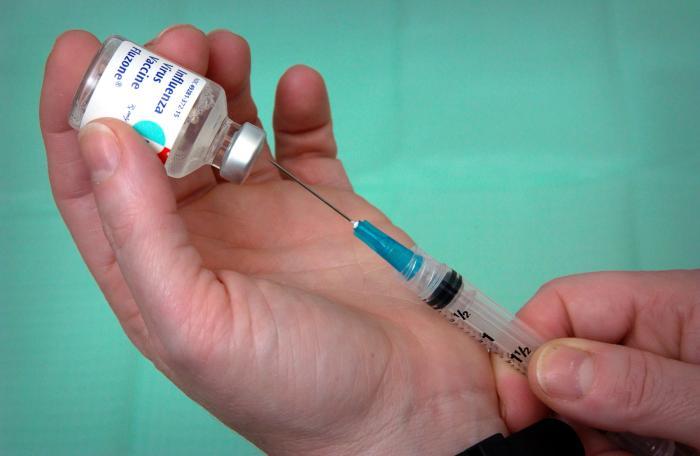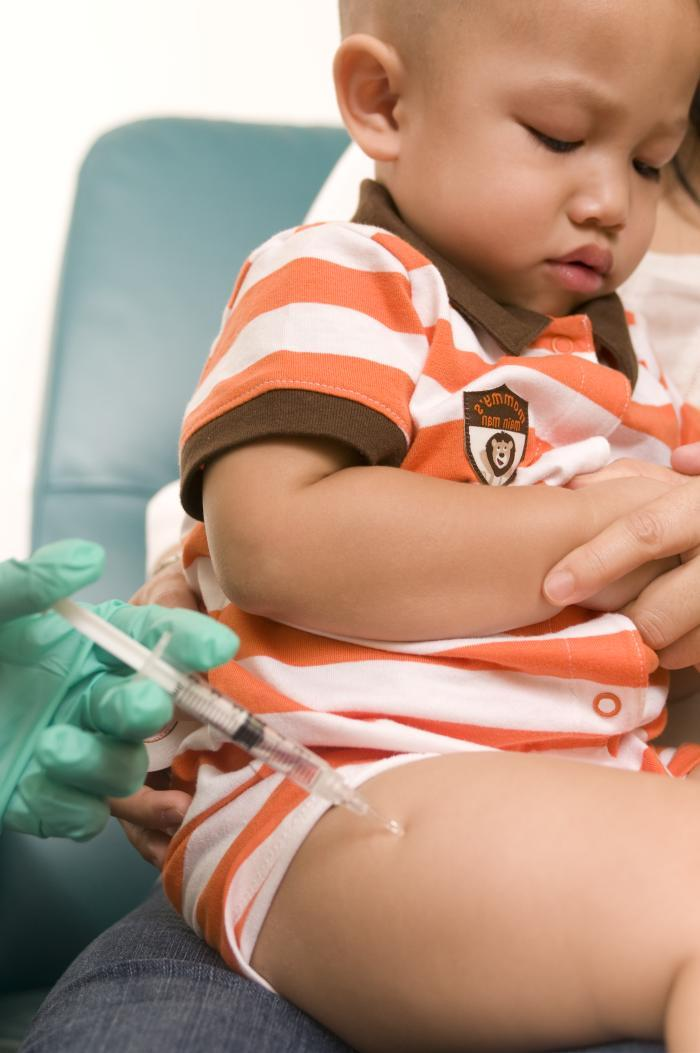The World Health Organization (WHO), nongovernmental organizations, and country representatives meeting in Colombia yesterday announced major efforts to eliminate cervical cancer. The efforts hinge on the human papillomavirus (HPV) vaccine and leverage a recent one-dose policy recommendation designed to facilitate greater use of the vaccine, especially in lower-income countries, and include better screening and treatment.

The announcements were also backed by $600 million in new funding, the WHO said in a statement. Much of the funding came from the World Bank, the Bill and Melinda Gates Foundation, and UNICEF.
The WHO notes that cervical cancer is the fourth most common cancer in women and disproportionately affects women in families in low- and middle-income countries.
In 2022, the WHO recommended a one-dose HPV vaccine schedule to reduce vaccination barriers, which was also adopted by WHO regional offices in the Americas and Africa. So far, 37 countries have switched or plan to switch to a one-dose HPV vaccine regimen.
Aurelia Nguyen, chief program officer with Gavi, the Vaccine Alliance, said the HPV vaccine is one of the world's most impactful vaccines and has already helped save thousands of lives. "More girls urgently deserve the same protection, which is why in partnership with countries, Gavi has set an ambitious goal to help vaccinate 86 million adolescent girls by 2025. With bold commitment and decisive action, we can look forward to a future where cervical cancer has been eliminated for good."













